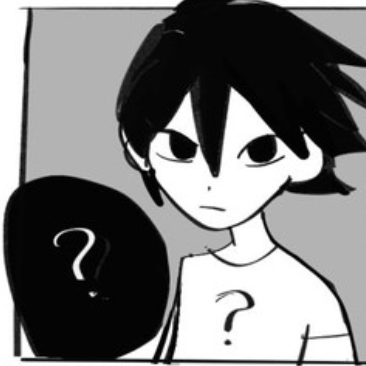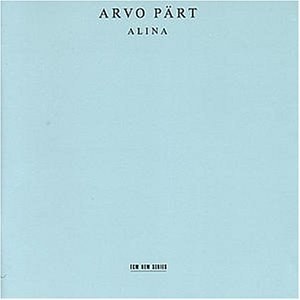听过 Alina 🌕🌕🌕🌕🌗
因为艺术驻地在这个名叫劳拉斯马的宁静的小村子里的Arvo Pärt centre的Alina House住了两周。这是为了弘扬Arvo Pärt的音乐精神而建造的音乐中心。心里感到非常微妙,因为我是这个村子里唯一的亚洲人。并且,我也不懂爱沙尼亚语。
但是,不只是这样,更重要的是,我的存在主义危机越来越严重。
这并非受到了什么外部打击,而是我越来越回到我原本的状态。但是这个原本的状态,却逐渐离人类越来越遥远。我越是前进,我越能感受到,如今我在思考的问题,我在制作的project,已经超出了目前的人类语汇所能承载的范畴,变成了某种更加中性,更不引人注目,甚至不再和我存在的世界在一个维度。虽然在宇宙中,这样的事情,一直在发生,但是,在地球上,作为一个小小的地球人,这样的生活,却显得如此的孤寂。可以说,我在今年所做的所有项目,比起我以往所有的项目的思考量都要大,都要系统,但它只能作为一种无声的爆炸,一个无声的革命。或许如果我是一个死人,有人会想要了解,我到底创造了什么,我在思考什么。很不幸,我是个活着的人,我还在不断地为我在做的事情更新系统,更新思考,让它变得更加复杂。所以,我无法与人交流,虽然从以前就是这样,随便进行一些思考与人交谈,对方就像是被拖入漩涡一样痛苦,如今这份痛苦终于变成了超越人类的痛苦,我也不再需要对谁说什么。但是,站在这样的双重生活之上,我还是想说点什么。这种说已经不再寻求对象,只是把自己当成一个可以被执行的脚本,以及可访问的节点。
我想说我最近在思考的两个原则:
1.不要把维持现实生活放在第一位,而是把能够主动展开自己的生命道路放在第一位。因为现实生活是个有限集合,很多时候无解。不如拓展计算空间,寻找动态解。
2.所有的人类协议,都是为了相互的自我确认。这也是社群的意义。这是两种孤独的巅峰,如果你完全不接受你自己,你就会变成这种协议和社群的傀儡。如果你不接受社群或者协议,你就会成为宇宙中无人知晓但却真实存在的尘埃。
但是Arvo Pärt的音乐却让人觉得可以存在在这里,非常微妙的救赎感。

